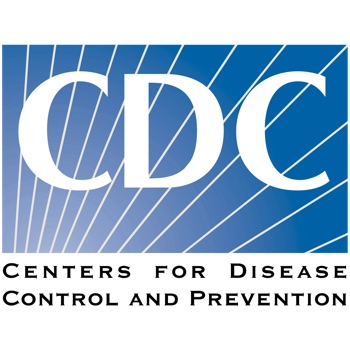Ebola Contingencies

Details
We are unaware of any student, faculty, or staff Ebola-related illness (or recent exposure to the illness), or of anyone returning to campus from West Africa. If you have traveled to a high-risk area, or been in contact with a known traveler to the high-risk area, please notify Health Services so that we can conduct a risk assessment and initiate self-monitoring (detailed below).
QUICK FACTS:
- The U.S. Centers for Disease Control advises against non-essential travel to Guinea, Liberia, and Sierra Leone until further notice.
-
College-sponsored travel and Study Abroad programs to these countries have been suspended until further notice.
-
The CDC is not recommending isolation or quarantine of individuals based on travel history alone.
If you are at risk of exposure, either because of travel or contact with a known traveler to a high-risk area:
-
Call Health Services 610-896-1089 and tell the provider about your recent travel and your symptoms before you go to the Health Services or a hospital. Advance notice will help Health Services care for you and protect other people who may be in the reception area.
-
You would then begin a formal 21-day process of health monitoring and be advised to:
- Take your temperature every morning and evening.
- Watch for other Ebola symptoms: severe headache, muscle pain, vomiting, diarrhea, stomach pain, or unexplained bleeding or bruising.
- If, in the course of this monitoring process (which has been initiated based upon your recent exposure risk) your temperature is 100.4°F (38°C) or higher or you have any other Ebola signs or symptoms, seek medical care immediately.
- Limit your contact with other people when you travel to medical care; avoid public transportation.
- Do not travel anywhere except to the doctor's office or hospital.
- During the time that you are monitoring your health, if you have no symptoms, you can continue your normal activities, including work and school.
- Appropriate public health officials will be notified in the event that you develop symptoms.
The College is in the process of establishing on-campus quarantine areas should that be necessary.
Thank you very much for being attentive and responsive. Updates on Ebola can be found on the CDC website:
It is vital that students seek medical advice and care if they have any concerns.
Please csharbau [at] haverford.edu (contact Health Services) with questions or concerns.



